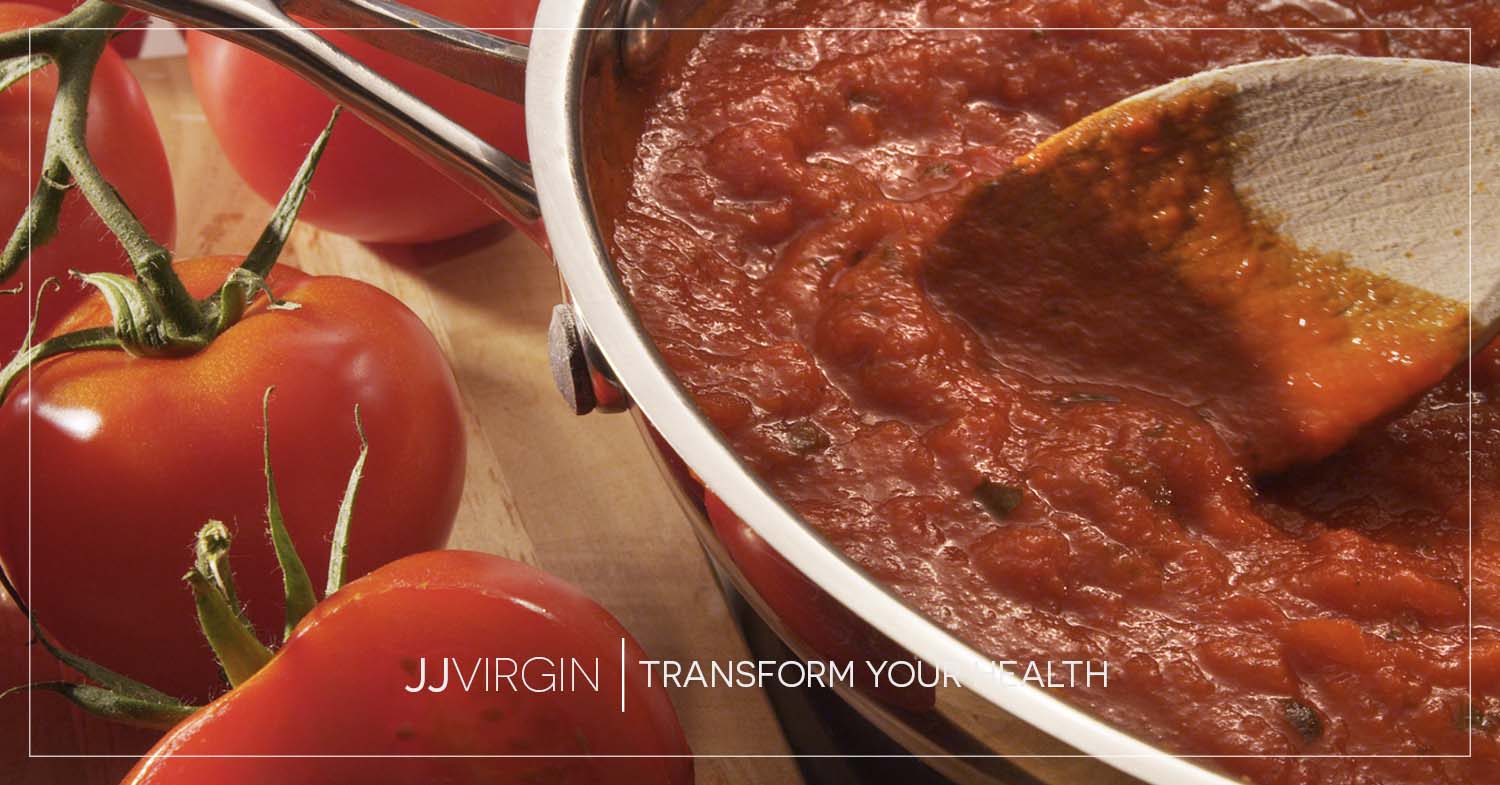If Tums or Rolaids have become must-haves in your pocket and replaced your after-dinner mints, you’re not alone! More than half of adults have reported experiencing acid reflux, and acid-reducing drugs are among the top 10 most-prescribed medications worldwide.1,2
In fact, acid reflux or heartburn is the most common digestive problem, and in 2017, the U.S. alone has spent over $10 billion to get rid of “the burn.”3
But if so many people are taking antacids and proton pump inhibitors (PPIs) for acid reflux and heartburn, why is the situation only getting worse?
We’ve Been Approaching Heartburn and Acid Reflux the Wrong Way
It’s time to bust a common myth about acid reflux and heartburn! We’ve been treating acid reflux and heartburn by reducing stomach acid, but scientific research has found that more often, the real problem is the presence of too little stomach acid! 4
This makes perfect sense because, as a natural part of aging, our stomach acid begins to decline after the age of 20.5 Also, 65% of people using antacids are 45 and older, and there is just no evidence that too much acid is a common culprit for heartburn. 6
Despite our tendency to blame stomach acid for heartburn, we actually need a healthy supply of stomach acid to break down food, signal digestive enzymes to break down protein, fats, and carbs, and get rid of unwanted bacteria and pathogens that are in our food and water. 7
Antacids are Perpetuating Acid Reflux and Causing Even More Health Issues
Studies show that acid blockers reduce healthy bacteria in your gut and increase incidences of infection.8 One reason is that reducing the amount of acid in our stomachs with antacids helps unwanted bacteria survive transport through the stomach and get into the small intestines, creating conditions known as SIBO or SIFO.
In turn, this aggravates the gas, bloating, and heartburn you were trying to avoid in the first place! 9 (Learn more about SIBO and SIFO, and find out what to do about it.)
And that’s not all! Lowering stomach acids can also lead to other serious health conditions, such as vitamin deficiencies, osteoporosis, and more.10,11
The truth is that a majority of people taking medication to reduce stomach acids shouldn’t be, and they can benefit from safer options.12
Diet and Lifestyle is the Key to Ditching Heartburn
How do you start healing? The good news is that diet and lifestyle can make a big impact on relieving acid reflux and heartburn. Cutting out the foods most likely to trigger or aggravate acid reflux can give your stomach a chance to heal.
Here are the top 10 foods to avoid so you don’t trigger heartburn and acid reflux:
- Tomatoes and marinara – You’ve probably already experienced first-hand the unpleasant burn from an acidic tomato-based dish. Swap the out the marinara with this yummy pasta recipe.
- Coffee and tea Unfortunately, the caffeine in both of these popular drinks can aggravate your tummy. Try decaffeinated versions instead, or better yet, swap them out altogether for a cup of infused water.
- Garlic and onion For some with acid reflux, normally healthy foods from the allium family such as garlic and onions can cause heartburn to flare up. A great substitute is fresh, zesty ginger.
- Chocolate Sad but true, this favorite treat is one of the worst foods you can eat when you have acid reflux. Luckily, you can explore other tasty flavor options like vanilla or cinnamon.
- Citrus fruits Oranges and grapefruit are known to aggravate heartburn, especially if you eat them on an empty stomach. A creative way to enjoy their refreshing flavors without the heartburn backlash and high sugar impact is to infuse them in water as flavoring.
- Peppermint This one might be a surprise because peppermint is known for soothing gut inflammation and nausea. Unfortunately, it can also irritate heartburn. Herbal chamomile, licorice, or turmeric tea can be great substitutes to help soothe heartburn.
- Soda and carbonated drinks Between the high sugar impact, added chemicals, and links to strokes and dementia, soda is a big no-no! The fizz is also a problem because it can produce acid reflux flare-ups. If you’re chugging pop for the buzz, try a yummy smoothie for longer lasting energy and a faster metabolism. *
- Alcohol It’s no coincidence that hangovers often include heartburn! When you’re healing from acid reflux, alcohol is a definite no-go. If you’re relying on a glass of wine to help you wind down for the night, try an all-natural, healthy option like Sleep Candy™ instead. *
- High Fat and fried foods Since acid reflux is caused by low stomach acid, your body can’t efficiently break down high-fat foods like fatty steak or anything deep fried. Eating these foods while suffering from heartburn is a recipe for disaster! Try healthy, gut-soothing fats like coconut oil and omega-3’s help heal faster.
- Gluten This is a culprit for most gut issues, including acid reflux! Until you take gluten out of your diet, you run the risk of having chronic acid reflux, inflammation, and autoimmune disease, just to name a few of the risks. If cutting out gluten seems daunting, I have you covered! Find out 5 Easy Strategies to Ditch Gluten for Good.
Removing the 10 foods above is a good start to heal from heartburn, and keeping a food journal can help uncover other problem foods and speed up healing.
More Tips to Heal from Acid Reflux
The best solution to recover from acid reflux is to address the real cause. Instead of reaching for the Tums or Prilosec after you eat, try taking a high-quality digestive enzyme before meals, so you can safely break down and absorb foods without acid build-up, gas, and bloating. (Find out more HERE.)
A high-quality probiotic can also restore a healthy balance of gut flora to aid in healthy digestion, soothe an inflamed gut, and get you on the path to healing from heartburn fast! *
Another proven solution to reducing acid reflux is through identifying food intolerances.13 In fact, it’s an ideal first line of treatment! When you take out the top inflammatory foods, you can see a drastic decrease in those dreaded heartburn moments.
Studies have also shown that a high-sugar diet can aggravate acid reflux, while lowering your sugar impact can help you heal.14 My New York Times bestseller Sugar Impact Diet shows you how to cut down on high sugar-impact foods without cravings, irritability, and other nasty withdrawal symptoms.
Trying these tips, plus other healthy lifestyle habits like getting 7-9 hours of sleep every night, burst training, and managing stress can set you on your way to freedom from acid reflux for good!
As a busy entrepreneur, the one thing I prioritize is great sleep. I don’t perform at my best when I don’t sleep well, so getting 7–9 hours of quality sleep is non-negotiable. My Sleep Cheat Sheet gives you my top tips for solid, consistent sleep every night. Get the FREE guide here.
The views in this blog by JJ Virgin should never be used as a substitute for professional medical advice. Please work with a healthcare practitioner concerning any medical problem or concern. The information here is not intended to diagnose, treat, or prevent any disease or condition. Statements contained here have not been evaluated by the Food and Drug Administration.
*These statements have not been evaluated by the Food and Drug Administration. This product is not intended to diagnose, treat, cure, or prevent any disease.
References:
- https://www.ncbi.nlm.nih.gov/pmc/articles/PMC4275099/
- https://www.ncbi.nlm.nih.gov/pmc/articles/PMC4991651/
- https://www.marketwatch.com/story/global-antacid-market-growth-is-expected-to-be-driven-by-increasing-incidence-of-gastroesophageal-reflux-disease-globally-2018-03-14
- https://digestivehealthinstitute.org/2014/07/10/h-pylori-low-stomach-acid-gerd/ cause is too little stomach acid
- https://nutritionreview.org/2018/03/gastric-balance-heartburn-caused-excess-acid/
- https://www.marketwatch.com/story/global-antacid-market-growth-is-expected-to-be-driven-by-increasing-incidence-of-gastroesophageal-reflux-disease-globally-2018-03-14
- https://www.ncbi.nlm.nih.gov/pubmedhealth/PMH0072488/
- https://www.umcg.nl/EN/corporate/News/Paginas/Antacid-use-dramatically-reduces-healthy-gut-microbial-flora.aspx
- https://www.ncbi.nlm.nih.gov/pmc/articles/PMC3752184/
- https://www.ncbi.nlm.nih.gov/pmc/articles/PMC4110863/
- https://www.ncbi.nlm.nih.gov/pmc/articles/PMC2974811/
- https://www.consumerreports.org/drugs/when-to-consider-ppi-drugs-for-heartburn/
- https://www.ncbi.nlm.nih.gov/pubmed/28884564
- (https://link.springer.com/article/10.1007%2Fs10620-005-9027-7?LI=true)






